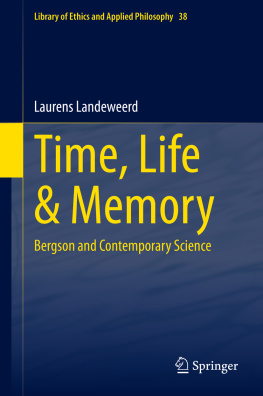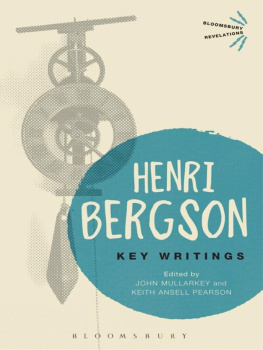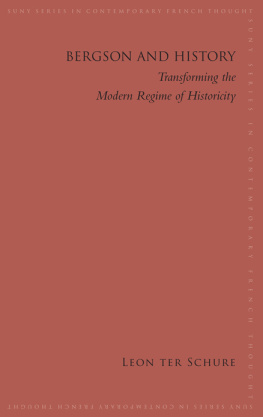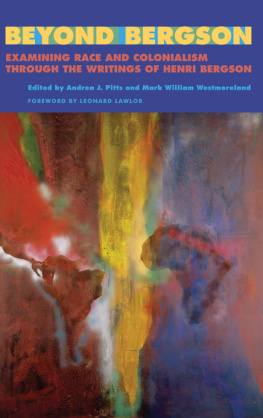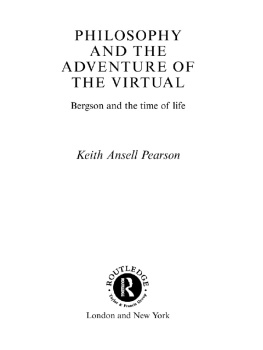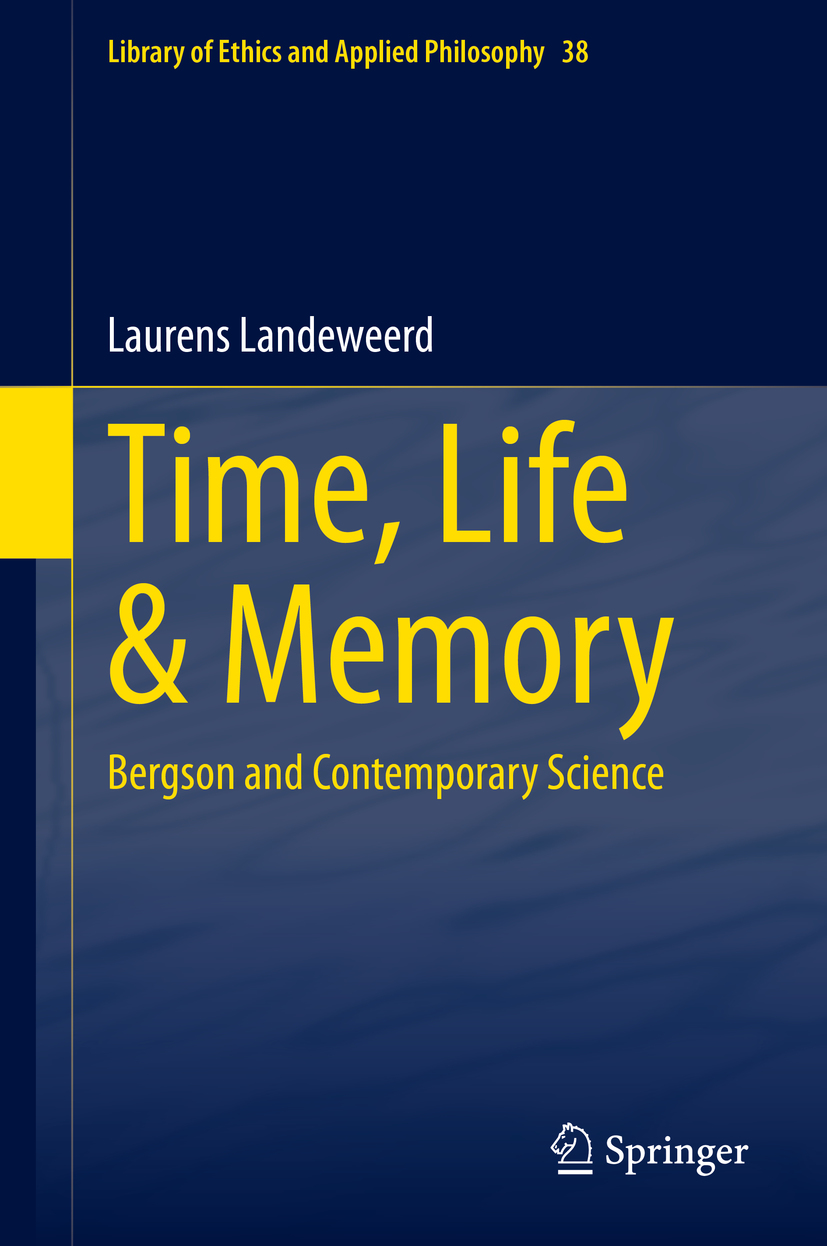Volume 38
Library of Ethics and Applied Philosophy
Editor-in-Chief
Hub Zwart
Radboud University Nijmegen Faculty of Science, Nijmegen, The Netherlands
Editorial Board
Deryck Beyleveld
Durham University, Durham, UK
David Copp
University of Florida, USA
Nancy van Hees
New School for Social Research, New York, USA
Martin Fraser
Groningen University, Netherlands
Thomas Hill
University of North Carolina, Chapel Hill, USA
Samuel Kerstein
University of Maryland, College Park, USA
Will Kymlicka
Queens University, Ontario, Canada
Philippe van Parijs
Louvaine-la-Neuve (Belgium) and Harvard, USA
Qui Renzong
Chinese Academy of Social Sciences, China
Peter Schaber
Ethikzentrum, University of Zrich, Switzerland
Thomas Schmidt
Humboldt University, Berlin, Germany
The Library of Ethics and Applied Philosophy addresses a broad range of topical issues emerging in practical philosophy, such as ethics, social philosophy, political philosophy, philosophy of action, It focuses on the role of scientific research and emerging technologies, and combines case studies with conceptual and methodological debates. We are facing a global crisis, which raises a plethora of normative issues, but also poses a challenge to existing conceptual and methodological resources of academic philosophy. The series aims to contribute to a philosophical diagnostic of the present by exploring the impact of emerging techno-scientific developments on zeitgeist, collective self-image, and worldview. Concrete and urgent emerging issues will be addressed in depth and from a continental philosophical perspective, which may include dialectics,hermeneutics, phenomenology, post-phenomenology, psychoanalysis, critical theory and similar approaches.
More information about this series at http://www.springer.com/series/6230
Laurens Landeweerd
Faculty of Science, Institute for Science in Society, Section of Philosophy, Radboud University Nijmegen, Nijmegen, The Netherlands
ISSN 1387-6678 e-ISSN 2215-0323
Library of Ethics and Applied Philosophy
ISBN 978-3-030-56852-8 e-ISBN 978-3-030-56853-5
https://doi.org/10.1007/978-3-030-56853-5
Springer Nature Switzerland AG 2021
This work is subject to copyright. All rights are reserved by the Publisher, whether the whole or part of the material is concerned, specifically the rights of translation, reprinting, reuse of illustrations, recitation, broadcasting, reproduction on microfilms or in any other physical way, and transmission or information storage and retrieval, electronic adaptation, computer software, or by similar or dissimilar methodology now known or hereafter developed.
The use of general descriptive names, registered names, trademarks, service marks, etc. in this publication does not imply, even in the absence of a specific statement, that such names are exempt from the relevant protective laws and regulations and therefore free for general use.
The publisher, the authors and the editors are safe to assume that the advice and information in this book are believed to be true and accurate at the date of publication. Neither the publisher nor the authors or the editors give a warranty, expressed or implied, with respect to the material contained herein or for any errors or omissions that may have been made. The publisher remains neutral with regard to jurisdictional claims in published maps and institutional affiliations.
This Springer imprint is published by the registered company Springer Nature Switzerland AG
The registered company address is: Gewerbestrasse 11, 6330 Cham, Switzerland
Preface
The watchmakers philosophy: each moment in time encompasses all events taking place in the universe, whilst each place in the universe can only contain one event at a time: a universe containing all places, and a time containing all events. This is the classical view on the nature of space and time, in which all events, past, present and future, of all things, in their places, are laid down as the parts of a watch on a watchmakers table. But time itself can only be thought as process. From change, all derives, but change itself is not derived. (Anonymous)
In spite of the relative obscurity of his oeuvre after the 1940s, Henri Bergson (18591941) was one of the most widely read philosophers of his era. He was the second child of seven and had a Polish father and Brittish mother. His father, Michal Bergson (18201898) was a composer; his mother, Katherine Levison (18341928) was the daughter of a Yorkshire doctor, and of English and Irish descent. Henri Bergson grew up in both France and England. In 1891 he married Louise Neuburger, a cousin of Marcel Proust. Prousts In Search of Lost Time (French: la recherche du temps perdu (19131927)) was inspired by Bergsons ideas on memory.
The popularity of Bergsons ideas was in part caused by the position he took with regard to the tension between science, metaphysics and religion. The disenchantment of the worldview (a term coined by sociologist Max Weber (18641920) to describe the effects of modern science on society) met with quite some resistance around the turn of the century. The European public was frantically seeking for answers to questions of the soul and the nature of life. The impact of Darwins Origin of Species was immense, and led to a polarisation regarding topics such as the origin of life, evolution theory, religion, the ideals of scientific positivism and the emergence of spiritualism: on the one hand, there was public enthusiasm concerning the promises of scientific knowledge and technological progress, on the other hand, many were critical of the dehumanising effects of these developments. The historicist tradition in philosophy that was established by Georg Wilhelm Friedrich Hegel (17701831) informed an active opposition to these developments. At the end of the century this opposition was supported by thinkers such as Wilhelm Dilthey (18331911) and Friedrich Nietzsche (18441900) specifically because of his endorsement of irrationalism. Fitting in that historical niche, Bergsons writings drew much attention. In the midst of his lifetime Bergson was held in high regard, not only as a philosopher but also as a public celebrity. Not only his philosophical writings resounded with the Zeitgeist of the 1910s, he also received broad acclaim as a political figure. Bergson played an important role in 1917, when French Prime Minister Aristide Briand, being aware of the philosophers reputation of self-critical integrity, asked Bergson to try and convince United States President Woodrow Wilson to join the war effort. And after the war, Bergson was asked to negotiate between the different parties that needed to broker peace; his views on arms control were ahead of his time and he preferred diplomatic solutions over war, although some (e.g. Martin Heidegger) perceived of his diplomatic role after the First World War as flawed.
Bergson was a Frenchman of Polish-Ashkenazi and English-Irish-Ashkenazi descent who spent his childhood in London. In an age when nation-states had come to be seen as natural entities, this background lent him an aura of supranational neutrality. In 1922, he was appointed president of the International Commission for Intellectual Cooperation, an organisation that was the precursor to UNESCO. Bergson won the Nobel Prize for literature in 1927 in recognition of his rich and vitalising ideas and the brilliant skill with which they have been presented. And although this might lead some to believe that his work should be identified with literature and poetry, he was also acutely aware of the state of the art in the sciences of his age.

